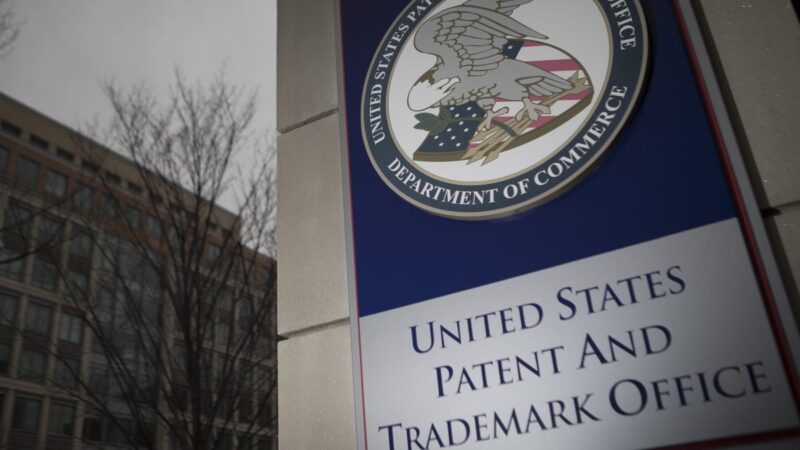Agatha Kratz

She heads Rhodium’s China corporate advisory team, as well as Rhodium’s research on European Union-China relations and China’s economic statecraft. She also contributes to Rhodium work on China’s global investment, industrial policy and technology aspirations.
Agatha is a non-resident Adjunct Fellow of the Reconnecting Asia Project at the Center for Strategic and International Studies under the Simon Chair in Political Economy. She holds a Ph.D. from King’s College London, on China’s railway diplomacy. Her previous positions include Associate Policy Fellow at the European Council on Foreign Relations and Editor-in-Chief of its quarterly journal China Analysis, Assistant Editor for Gavekal-Dragonomics’ China Economic Quarterly, and Junior Fellow at Asia Centre in Paris.


Explainer: Standard Essential Patents and National Security
